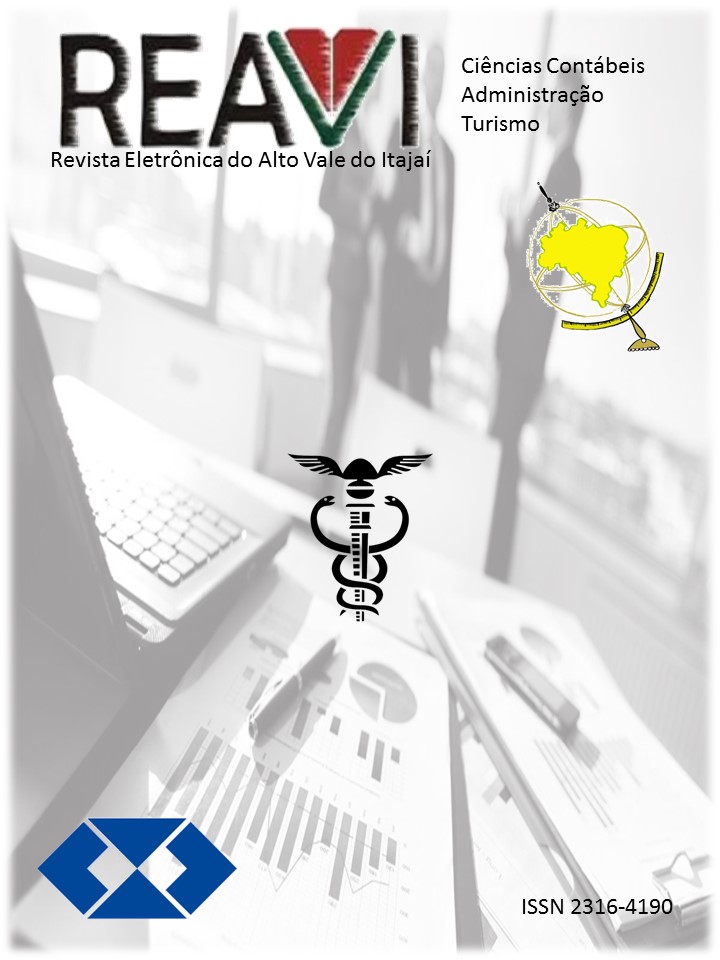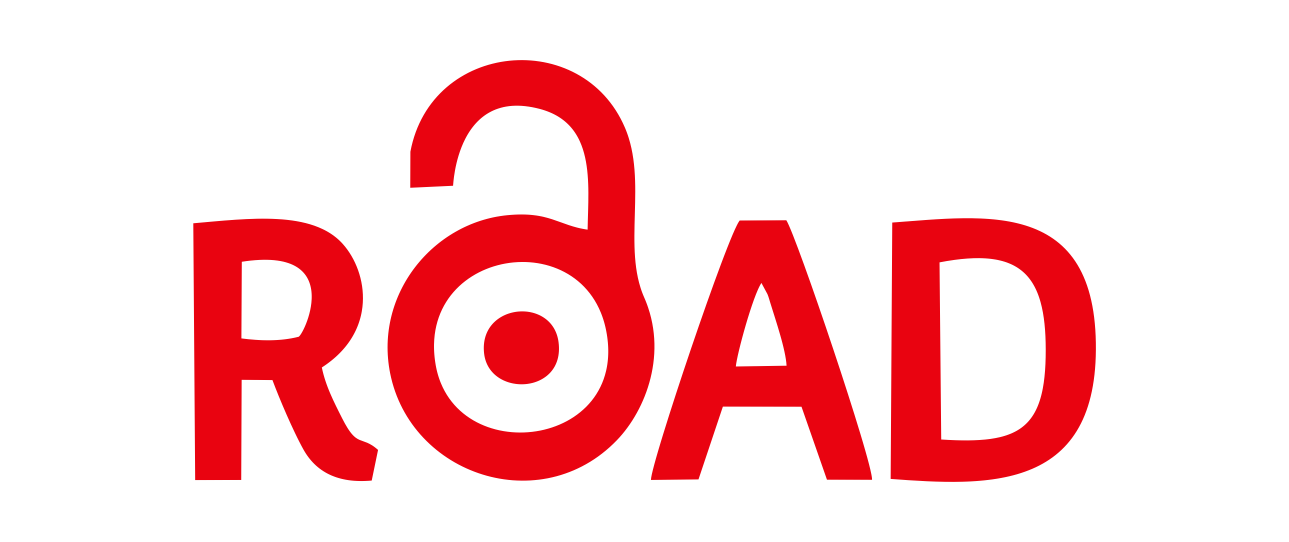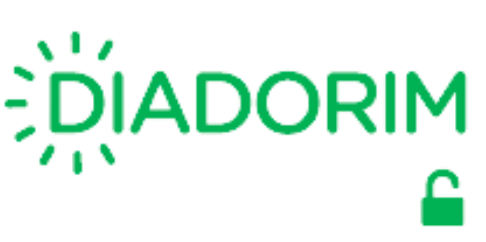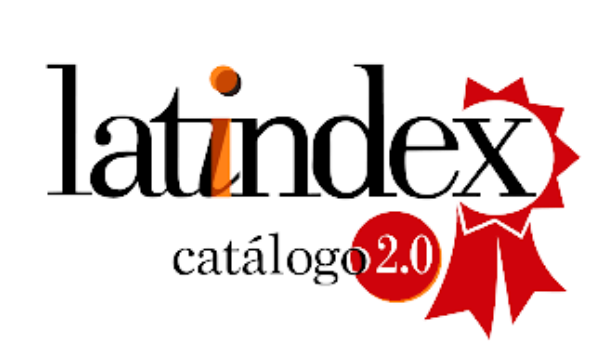Innovation, knowledge management and dissemination of information: Catarinense Attendance Service/CAS of the Legislative School/SC
DOI:
https://doi.org/10.5965/2316419007112018039Keywords:
knowledge management, information, innovationAbstract
This paper presents a proposal of deployment of the Catarinense Attendance Service/CAS to the, aiming to innovate information management in the Legislative Assembly. The object of study is the processing of information in the attendance sector. This investigation follows the guiding principles of innovation, knowledge and change management applied to a public organization.
Downloads
References
BATISTA, F. F. Modelo de Gestão do Conhecimento para a Administração Pública Brasileira: como implementar a gestão do conhecimento para produzir resultados em benefício do cidadão. Brasília: Ipea, 2012.
BOHN, C. S. Material didático do módulo: gestão de mudanças e gestão do conhecimento. Formação em liderança na gestão pública, Escola do Legislativo Deputado Lício Mauro da Silveira, Florianópolis, 2018.
BRUNO-FARIA, M. de F., FONSECA, M. V. de A. Cultura de inovação: conceitos e modelos teóricos, 2014. Disponível em <http://www.scielo.br/scielo.php?pid=S1415-65552014000400372&script=sci_arttext#B36> Acesso em: 03 set. 2018.
CAPURRO, R. Epistemologia e ciência da informação. 2003. Disponível em: <http://www.capurro.de/enancib_p.htm>. Acesso em: 28 ago. 2018.
CAVALCANTE, P.; CUNHA, B. Q. É preciso inovar no governo, mas por quê? In: Inovação no Setor Público: teoria, tendências e casos no Brasil. IPEA, 2017. Disponível em: <http://www.ipea.gov.br/portal/images/stories/PDFs/livros/livros/171002_inovacao_no_setor_publico_capitulo_1.pdf>
CURVELLO, J. J. A. Comunicação interna e cultura organizacional. São Paulo: Scortecci, 2002.
DRUCKER, P. F. Administração em tempos de grandes mudanças. Trad. de Nivaldo Montingelli Jr. 3. ed. São Paulo: Pioneira, 1996.
FURASTÉ, P. A. Normas técnicas - para o trabalho científico. Ed ND, Porto Alegre, 2012. LIEBOWITZ, J.; WILCOX, L. C. Knowledge Management and its Integrative Elements. CRC Press, 1997.
MARCONI, M. A.; LAKATOS E. M. Fundamentos de metodologia científica. Ed Atlas, 2003.
MILLER, D. Gestão de mudança com sucesso: uma abordagem organizacional focada em pessoas. São Paulo, Integrare Editora, 2012.
NADLER, David. A. (et. al.). Arquitetura Organizacional: a chave para a mudança empresarial. Rio de Janeiro: Campus, 1994.
NONAKA, I; TAKEUCHI, H. Criação de Conhecimento na Empresa. 14. Ed. Rio de Janeiro: Elsevier, 1997.
ROBREDO, J. Da ciência da informação revisitada aos sistemas humanos de informação. Brasília: Thesaurus, 2003.
SARACEVIC, T. Ciência da informação: origem, evolução e relações. 1996. Disponível em: <http://portaldeperiodicos.eci.ufmg.br/index.php/pci/article/view/235/22> Acesso em: 05 set. 2018.
SVEIBY, K. E. A nova riqueza das organizações: gerenciando e avaliando patrimônios de conhecimento. Editora Campus, Rio de Janeiro, 1998.
TIDD, J.; BESSANT, J. Gestão da Inovação. 5ª ed. Porto Alegre: Bookman, 2015.
URIARTE, F. A. Indroduction to Knowledge Management. Japan: Asean Solidarity Fund, 2008.
WEICK, K. E; QUINN, R. E. Organizational change and development, Annual Review of Psychology Volume 50, publication date February 1999. Disponível em: <https://www.annualreviews.org/doi/abs/10.1146/annurev.psych.50.1.361> Acesso em: 05 set. 2018.
WIIG, K. M. Knowledge management foundations: thinking about-how people and organizations create, represent, and use knowledge. Texas: Schema Press, 1993.
Downloads
Published
How to Cite
Issue
Section
License
Copyright (c) 2018 REAVI - Revista Eletrônica do Alto Vale do Itajaí

This work is licensed under a Creative Commons Attribution 4.0 International License.
Brazilian Journal of Accounting and Management offers free and immediate access to its content, following the principle that providing scientifical knowledge in a free manner promotes a better world democratization of knowledge. Authors maintain copyright of articles and grant to the journal the rights of the first publication, according to the Creative Commons Attribution licensing criteria, which allows the work to be shared with initial publication and authorship recognition. These licenses allow others to distribute, remix, adapt, or create derived work, even if it is for commercial purposes, provided that the credit is given to the original creation.




















